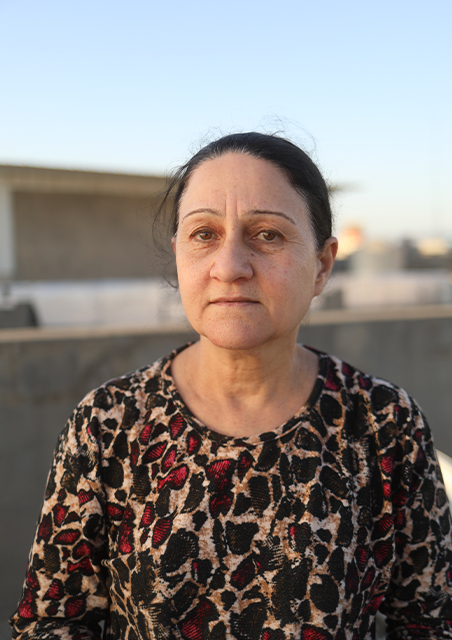More than 8,000 churches remain closed in Rwanda
Churches in Rwanda remain closed under stringent rules imposed by the government. Would you church survive these restrictions?

Religious persecution analysts have spoken out about the current state of religious freedom in Rwanda. It follows controversial plans by the UK Government to deport migrants there, who have crossed to the British Isles in small boats.
Among the human rights violations that experts and activists have highlighted in Rwanda, Christians are prevented from meeting together with the president using ‘the heavy hand of the government to suppress freedom of association, assembly and religion’, to quote independent religious-freedom analyst Joseph Chibuike.
“Nothing to do with health and safety”
In 2018, World Watch Monitor reported the closure of more than 8,000 churches under a new law that stipulated churches and mosques must meet certain safety, hygiene, infrastructure and legal requirements. These new laws (expanded again later in 2018) are widely seen as a pretext to deliberately target churches. “This has nothing to do with health and safety,” says Chibuike. Six pastors were arrested for criticising the move, accused of ‘masterminding’ a ploy to disobey the Rwandan government’s order. Though they were released relatively quickly, it has discouraged other church leaders and critics from speaking out.
Churches are often given very little warning. In one instance, local authorities entered the church mid- service and ordered the people to leave because the church would be closed. This church had fulfilled 80% of the requirements and was not aware of the new requirements.
Would your church be closed under Rwanda’s restrictions?
The stringent requirements for churches include:
- church buildings must install a specific canvas ceiling, which is a serious fire hazard
- all churches must have lightning-conductors and soundproofing
- any church that wishes to register needs to prove membership of 1,000 people
- a parking space for each member.
Pastors must also have a theological degree from an accredited institution – though another new law also states that only colleges that teach science and technology can be accredited to teach theology. This means that Bible schools and other theological institutions are mostly considered invalid.
Would your church meet all these rules? Most churches in the UK would fall foul of at least one of the restrictions, and it’s unsurprising that at least 8,000 churches in Rwanda were unable to meet them. The vast majority of these churches reportedly remain closed and a further 4,000 have been shut during the Covid-19 pandemic.
“On checking which churches were included, we learned that all churches are suffering the same fate, and that even churches considered luxurious for local standards have had to close,” a local analyst, who wished to remain anonymous, told World Watch Monitor. On paper, the same rules apply to Muslims and Christians, but in practice this is not the case, sources have told World Watch Monitor. Far fewer mosques have been affected by closures.
Rwanda is currently outside the World Watch List top 50, at number 67, with particularly high scores for persecution in national life and church life. It isn’t higher on the list because persecution is much less severe from families, communities and in other aspects of private life.




